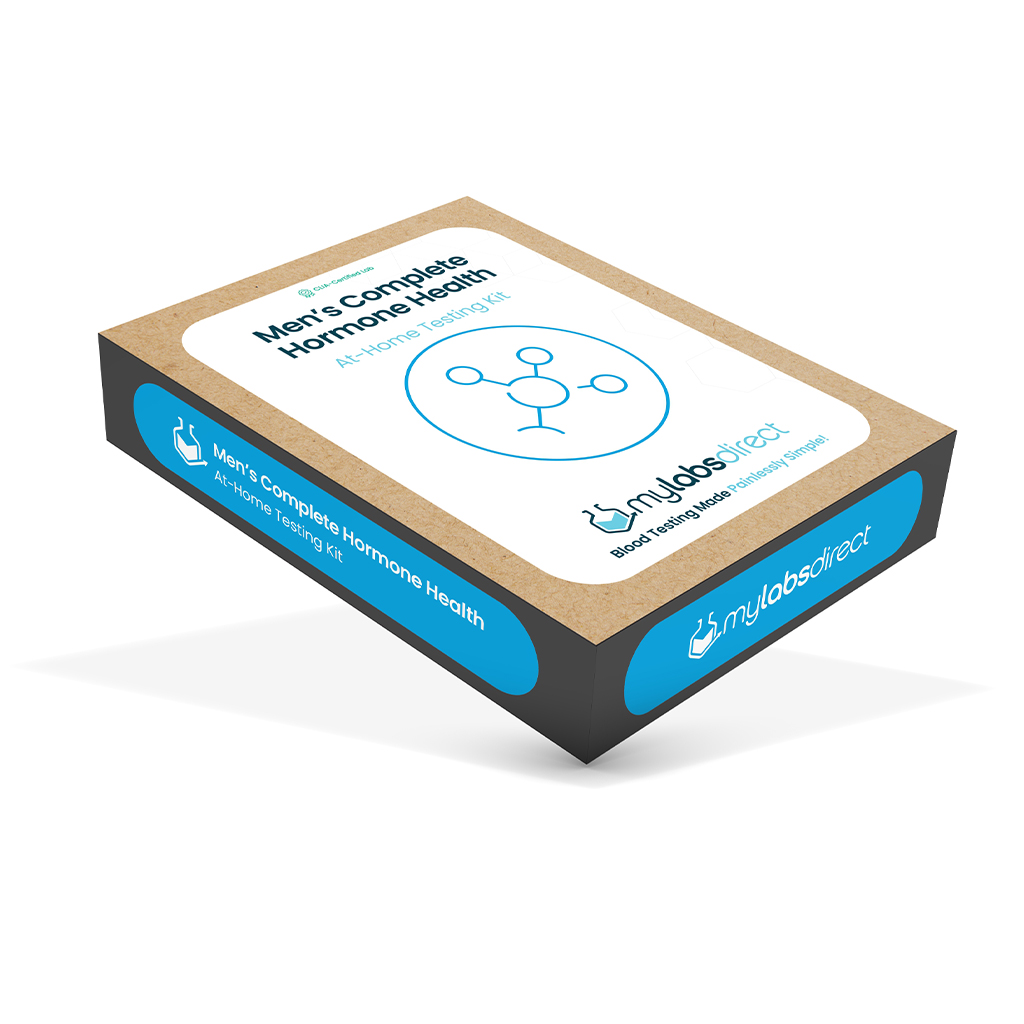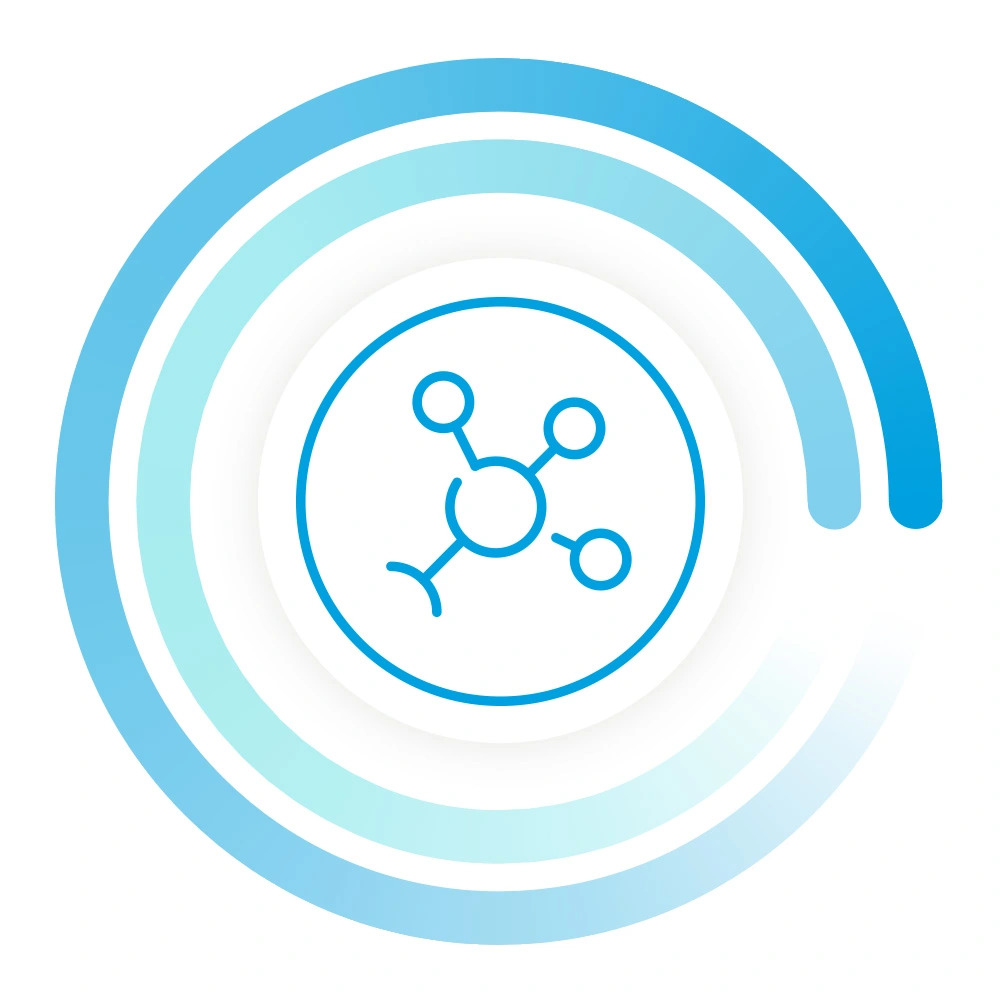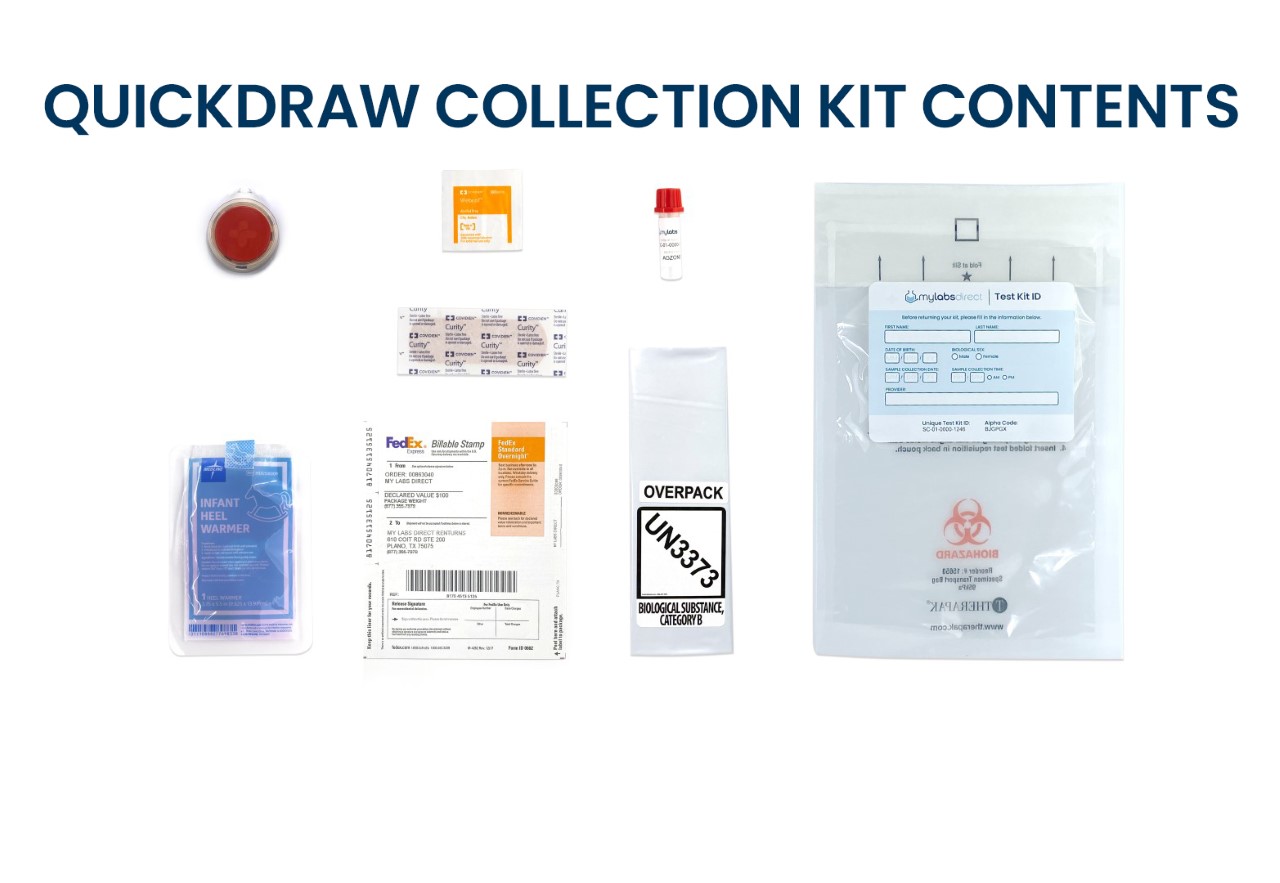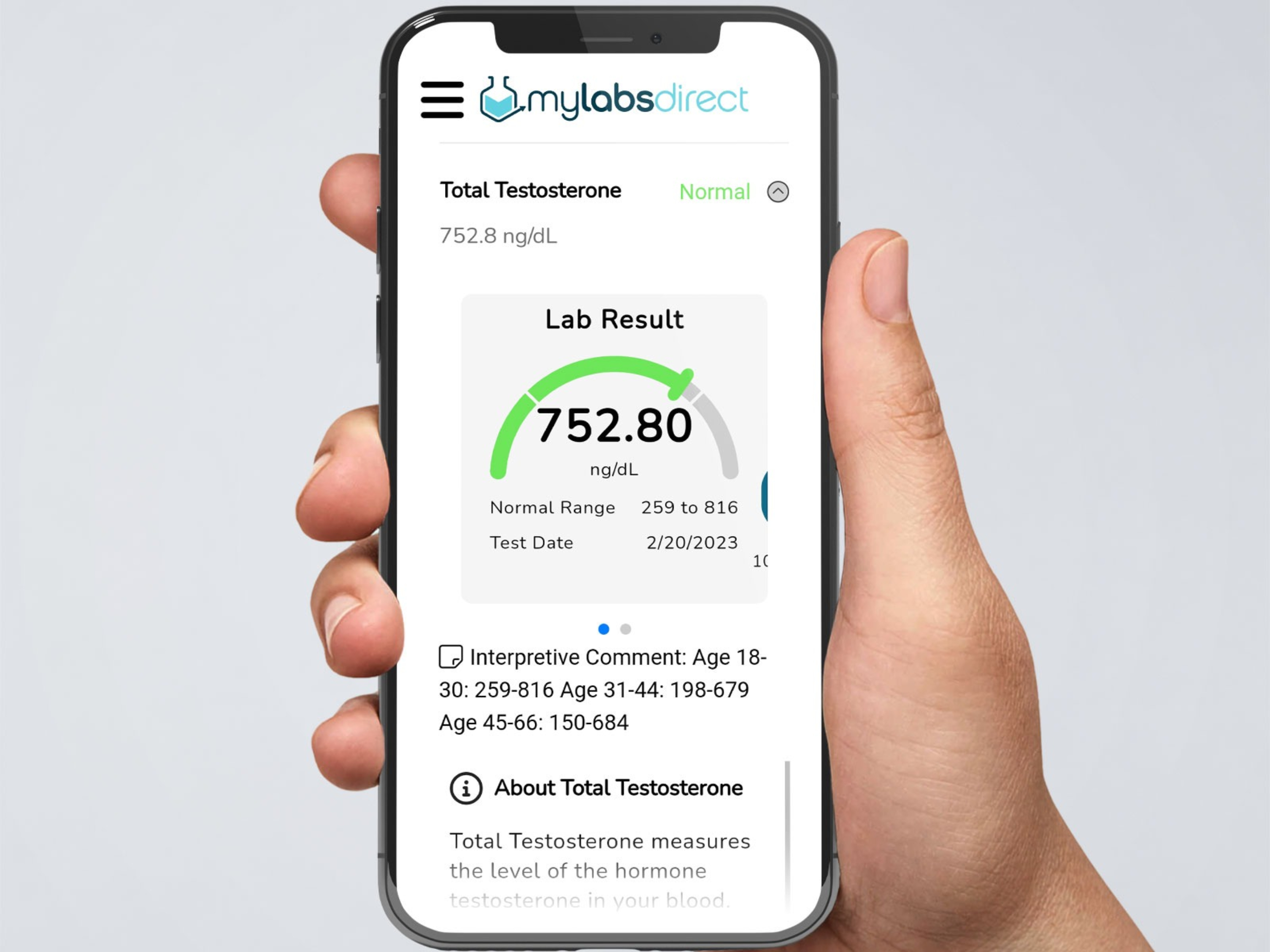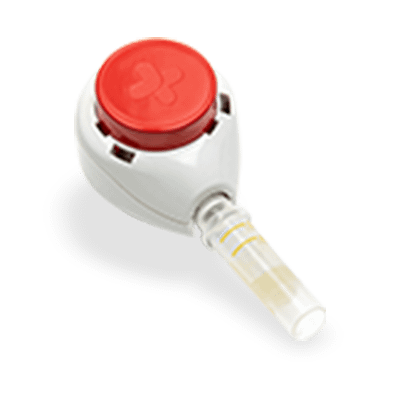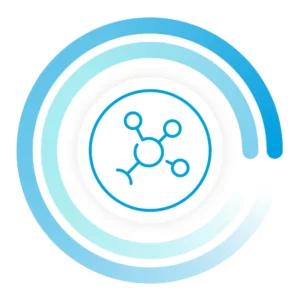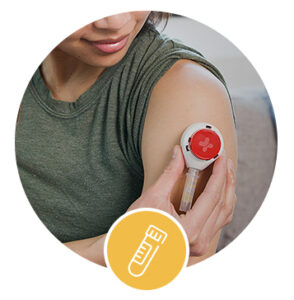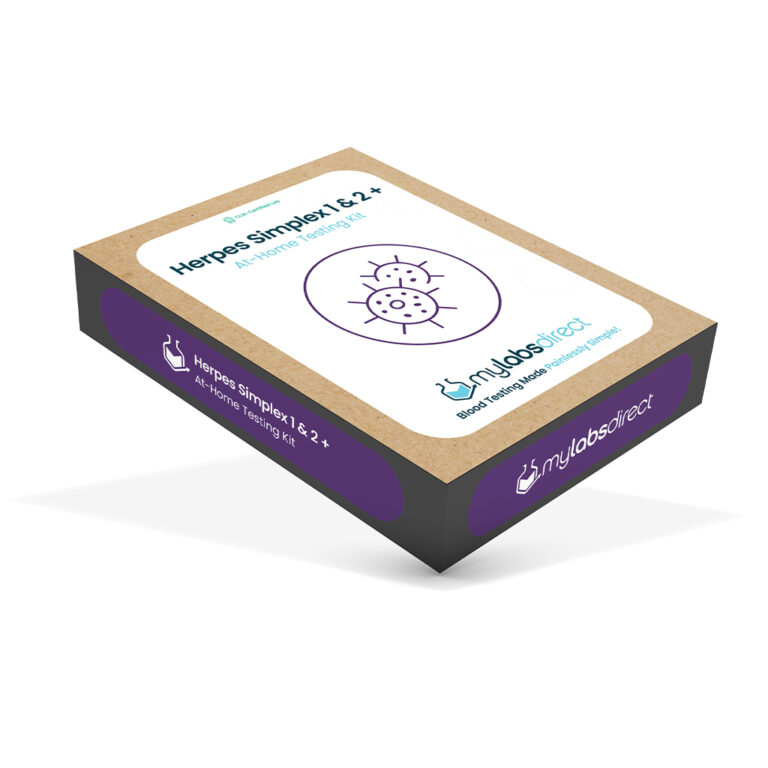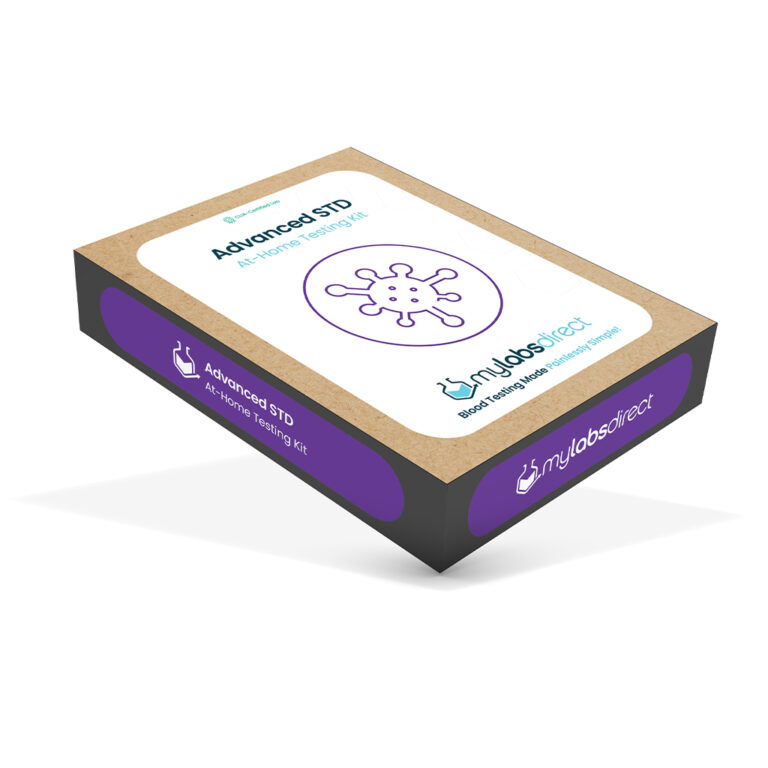Cortisol is produced by the adrenal glands and is the body’s primary stress hormone. It enhances your brain’s use of glucose (sugar) and increases the availability of substances that repair tissues. Its release is increased in response to stress and low blood-glucose levels. It helps regulate metabolism, affects blood pressure, and serves as an anti-inflammatory. Chronically elevated levels of cortisol are an indication a body is stressed which can make healthful eating habits difficult to maintain – the result is often stress-eating which leads to overeating and weight gain.
High cortisol levels – high cortisol levels can be caused by many underlying issues such as overactivity or cancer of the pituitary or adrenal glands, chronic stress and medication side effects. Estrogen can also increase cortisol levels in your blood.
Symptoms of high cortisol:
- Weight gain around midsection and upper back
- Rounding of the face
- Acne
- Slowed healing
- Muscle weakness
- Severe fatigue
Low cortisol levels – low cortisol levels mean the adrenal glands aren’t making enough cortisol. This could be caused by Addison’s disease which could be caused by cancerous cells, removal of the adrenal glands, certain genetic disorders, and certain antifungal medications.
Symptoms of low cortisol:
- Extreme fatigue
- Weight loss
- Dehydration
- Decreased appetite
- Low blood pressure
- Depression
- Irritability
Estradiol in men is crucial to male sexuality as it is essential for modulating libido, erectile function and spermatogenesis. Estradiol is one hormone in a class of hormones called Estrogens. Estrogen is found in small but critical concentrations in men – it needs to be in balance with the rest of the body’s hormones, particularly testosterone, for the male body to perform at its best.
Symptoms of high estradiol in men:
- Infertility
- Erectile dysfunction (ED)
- Development of female characteristics
- Slowed growth
Symptoms of low estradiol in men:
- Fatigue
- Sexual dysfunction
- Bone loss
- Fat accumulation
Testosterone is a sex hormone that regulates sex drive, muscle mass, bone mass, fat distribution and the production of both red blood cells and sperm in men. It helps male features develop over time and it naturally decreases as men age. The effects of gradually lowering testosterone levels in men are known as late-onset hypogonadism. This condition affects 4 in 10 men by the age of 45.
Low Testosterone: Low testosterone levels are called Testosterone Deficiency (TD) or Low Testosterone (Low-T). This condition is more common in men who are overweight or diabetic. Testosterone usually decreases with age so older men tend to have lower testosterone.
Symptoms of low testosterone in Men:
- Fatigue
- Decreased muscle mass
- Increased fat levels, especially belly fat
- Overall weight gain
- Low libido or sex drive
- Irritability
- Mental fog and memory loss
- Depression and low overall drive
PSA, or prostate-specific antigen, is a protein produced by both cancerous and noncancerous tissue in the prostate. PSA levels are primarily tested to screen for prostate cancer in men.
High levels of PSA could be a sign of prostate cancer, an enlarged prostate or a condition called prostatitis.
Symptoms of high PSA:
- Difficulty urinating
- Frequent urination, including during the night
- Slow urine stream
- Urinary incontinence
Low levels of PSA is a sign of good prostate and overall health
SHBG, or Sex hormone binding globulin, is a protein made by the liver that attaches itself to three sex hormones: testosterone, dihydrotestosterone and estradiol. It is often used to evaluate men for low testosterone.
High SHBG levels indicates the protein is attaching itself to your sex hormones excessively, making testosterone less available in the body.
High SHBG symptoms in men:
- Infertility
- Decreased sperm concentration and motility
- Decreased sex drive
- Impotence
- Reduced testicle size
- Decreased body hair
Low SHBG levels means there are potentially more free sex hormones for your body to use.
Low SHBG symptoms in men:
- Fluid retention
- Acne
- Increased appetite and weight gain
- Increased muscle mass
98% of the testosterone found in the body is bound to either sex-hormone binding globulin (SHBG) or albumin. This is referred to as “bound testosterone”. The other 2% that is left is known as “free testosterone”. Free testosterone is what connects with testosterone receptors within the body’s cells. Free testosterone enables cell replication in the bones and muscles and is responsible for secondary sexual characteristics in men such as facial hair and a deeper voice. Low levels of free testosterone can lead to poor muscle development, irritability, low sex drive and other issues.

